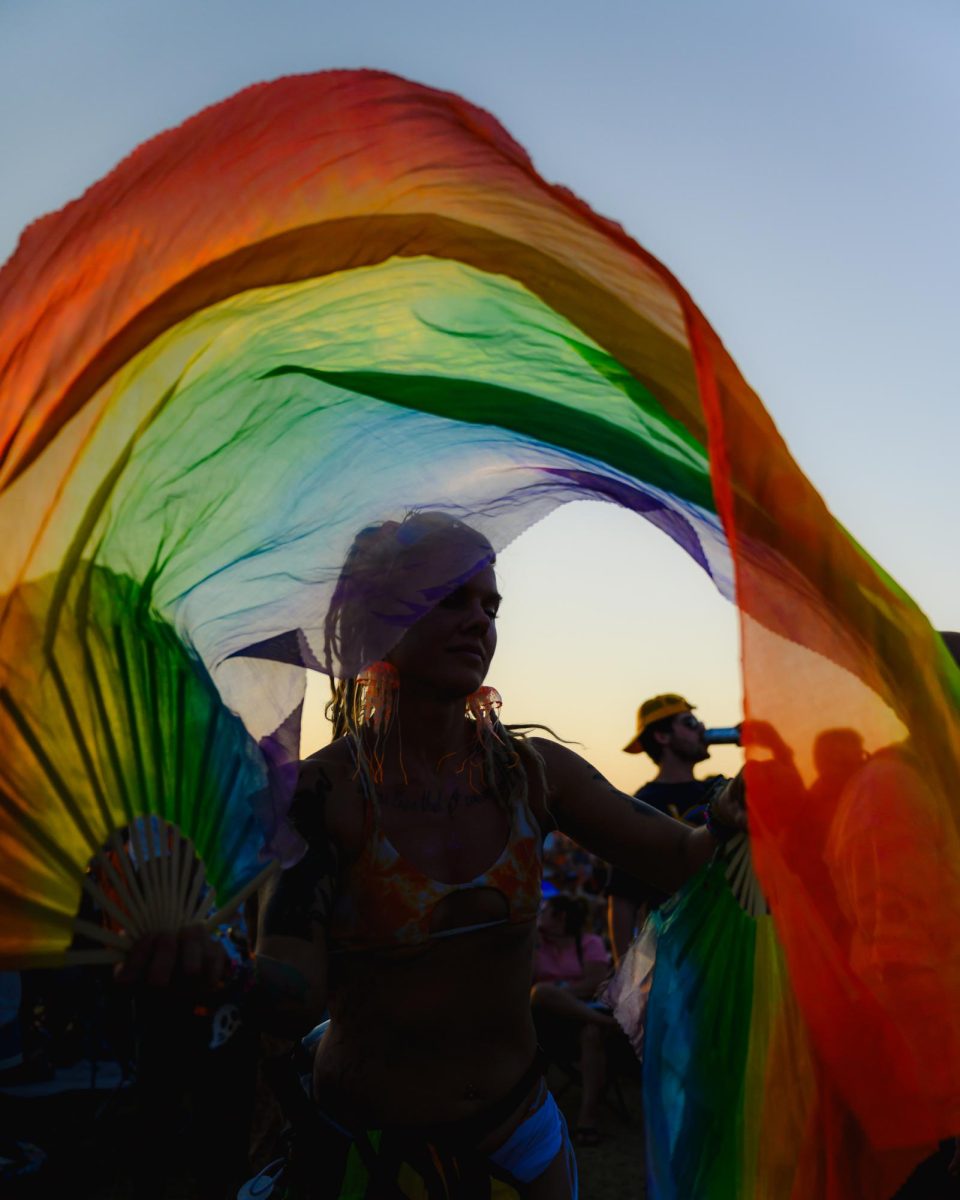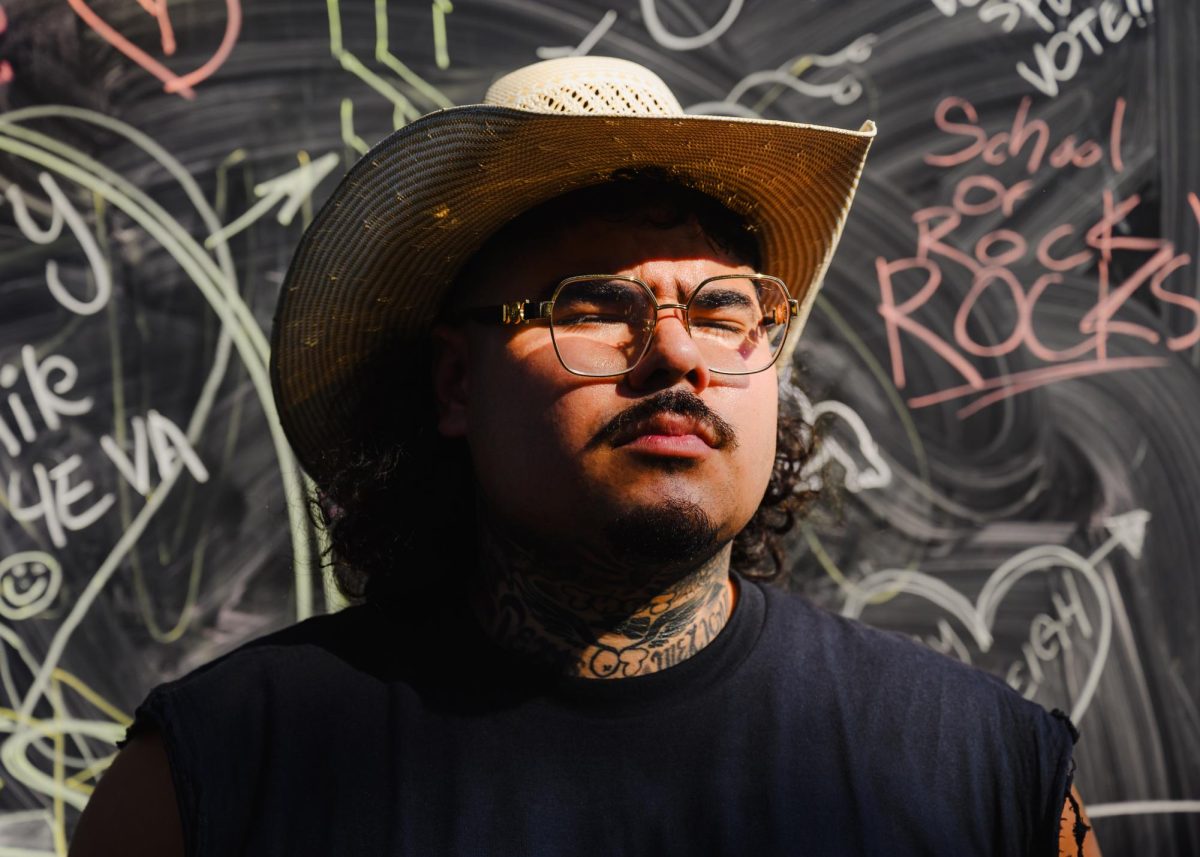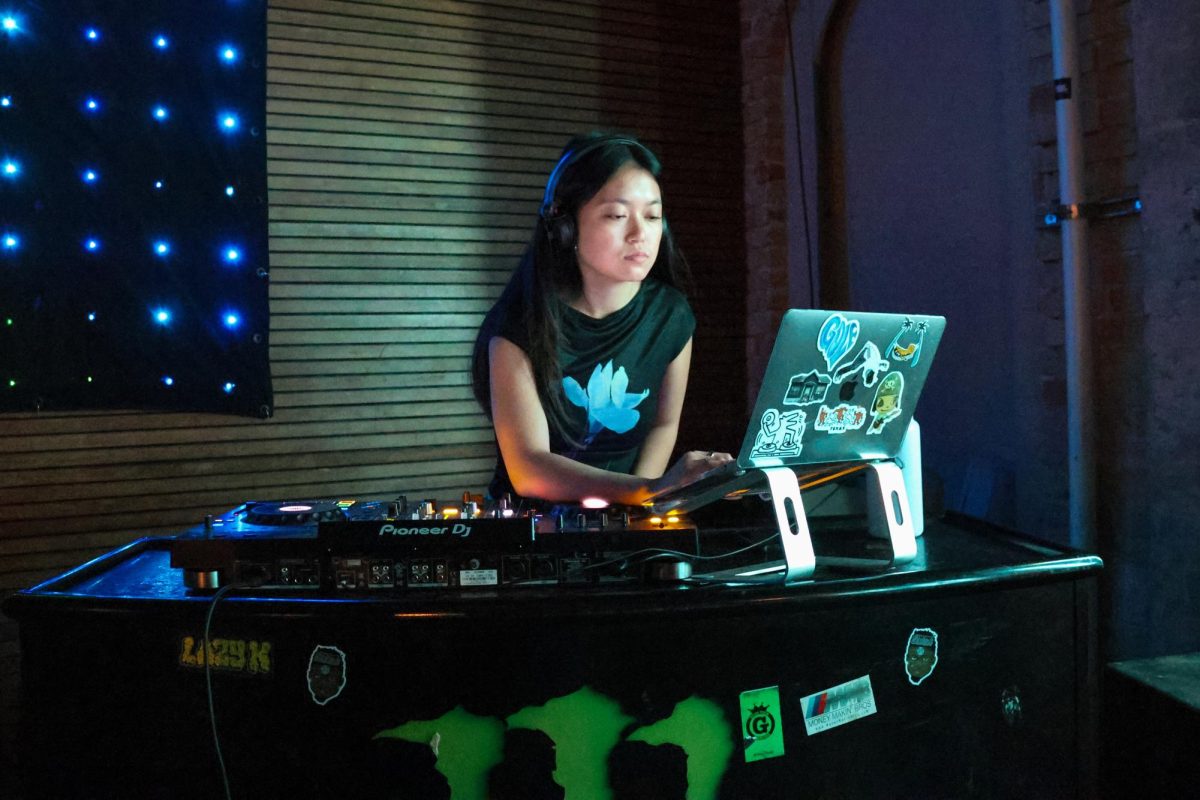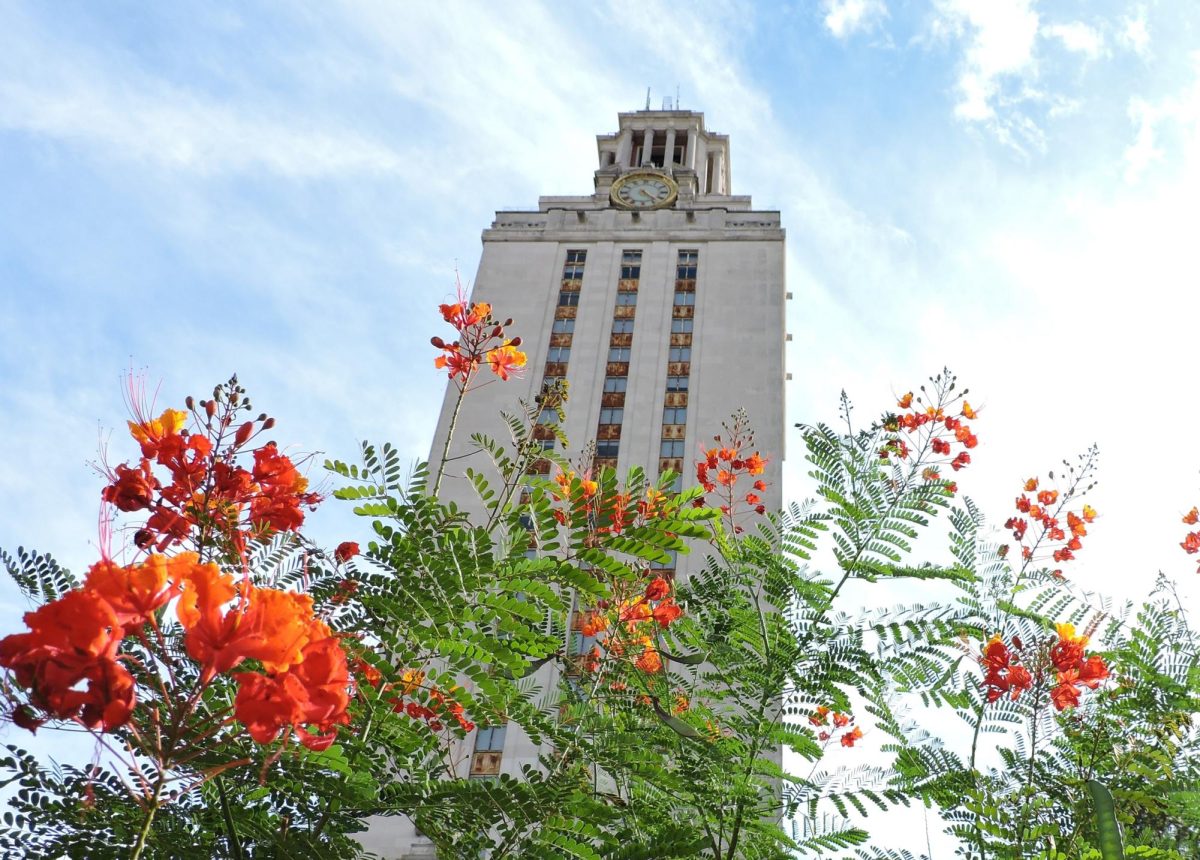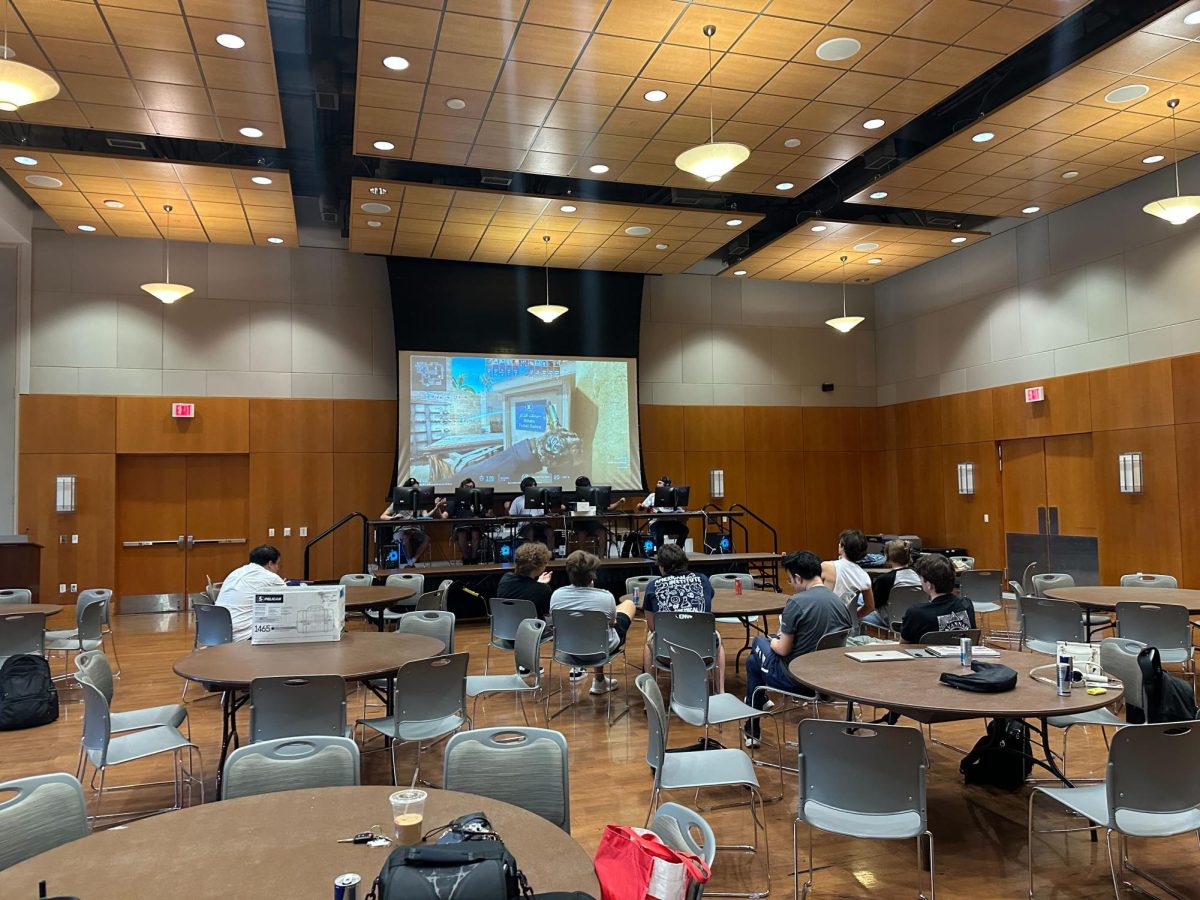“We Gon’ Be Alright,” a series of essays by Jeff Chang about race and resegregation, obtains its title from the Kendrick Lamar song, “Alright.” Chang has written extensively about the impact of hip-hop beyond music and found the song perfectly summed up the current political climate. The Daily Texan spoke to Chang before his appearance at the Texas Book Festival on Nov. 6.
The Daily Texan: What compelled you to write this collection of essays?
Jeff Chang: I was interested in exploring the notion of resegregation as the condition of our time that has been overlooked and ignored. I think that in so many ways the book has been inspired by the movement for black lives and the questions that the movement has put on the table for all of us to consider. I was interested in looking at the facts of racial inequity and the fact that inequality gets manifested in resegregation in schooling and housing, in these widening gaps between wealth [and] income.
DT: The book’s title seems to be a reference to Kendrick Lamar’s song “Alright.” What prompted you to use his song lyrics as the title?
JC: The discussion that has come out of the title of the book is whether or not we should be pessimistic about the future, especially given the election cycle we’ve been going through … What attracted me to the song is that it is a modern blues. Kendrick is very pessimistic for about 95 percent of the lyrics, [when] he is talking about the struggles that he faces as a young black man. But after all of that he pulls the slide out and says, “But if you’re fucked up and I’m fucked up but God got us, then we gon’ be alright.” In the face of all the horrible stuff that is happening we still have to find a way to come together, and in that coming together we might be able to figure out how we get to alrightness.
DT: One of the chapters in your book focuses on your experience as an Asian American. What message do you hope to convey to Asian Americans and Pacific Islanders?
JC: I am trying to expose and question my own privilege as an Asian American and Pacific Islander. Anybody who is coming to this conversation, with any kind of privilege, I hope that they would have this kind of dialogue with themselves. People need to ask themselves, “Where is it that I am complicit in supporting these structures that create further inequalities for everyone, where can I turn my energies the movement for liberation for all?” That particular essay came about because I couldn’t write a book that was inspired by the movement for black lives without recognizing my own racial privilege.
DT: You use this term “white racial apocalypse” in these essays. What exactly is that?
JC: It comes from the myth that the barbarians will overrun civilization. It is part and parcel of the American popular culture, every once in awhile there is a kind of hysteria that comes around that places this particular narrative back into the center of the mainstream. At this particular point, Donald Trump has been the person who has been talking the most about an apocalypse that is going to happen if we let immigrants in and if we don’t institute a heavy police state in communities of color … The reality is that there is always a backlash around the corner waiting with this pre-made American narrative that the entire country is going to go to hell because it is becoming more diverse. I am trying to show that it is not a new thing and that it is a very old thing we have to shake out of our national conscious. We have to move past this narrative and understand that the America that we are heading towards is full of possibilities and that there is great vitality in all the different cultures.
Jeff Chang will be at the Texas Book Festival on Nov. 6 at the CSPAN2 Book TV Tent from 3–4 p.m.



